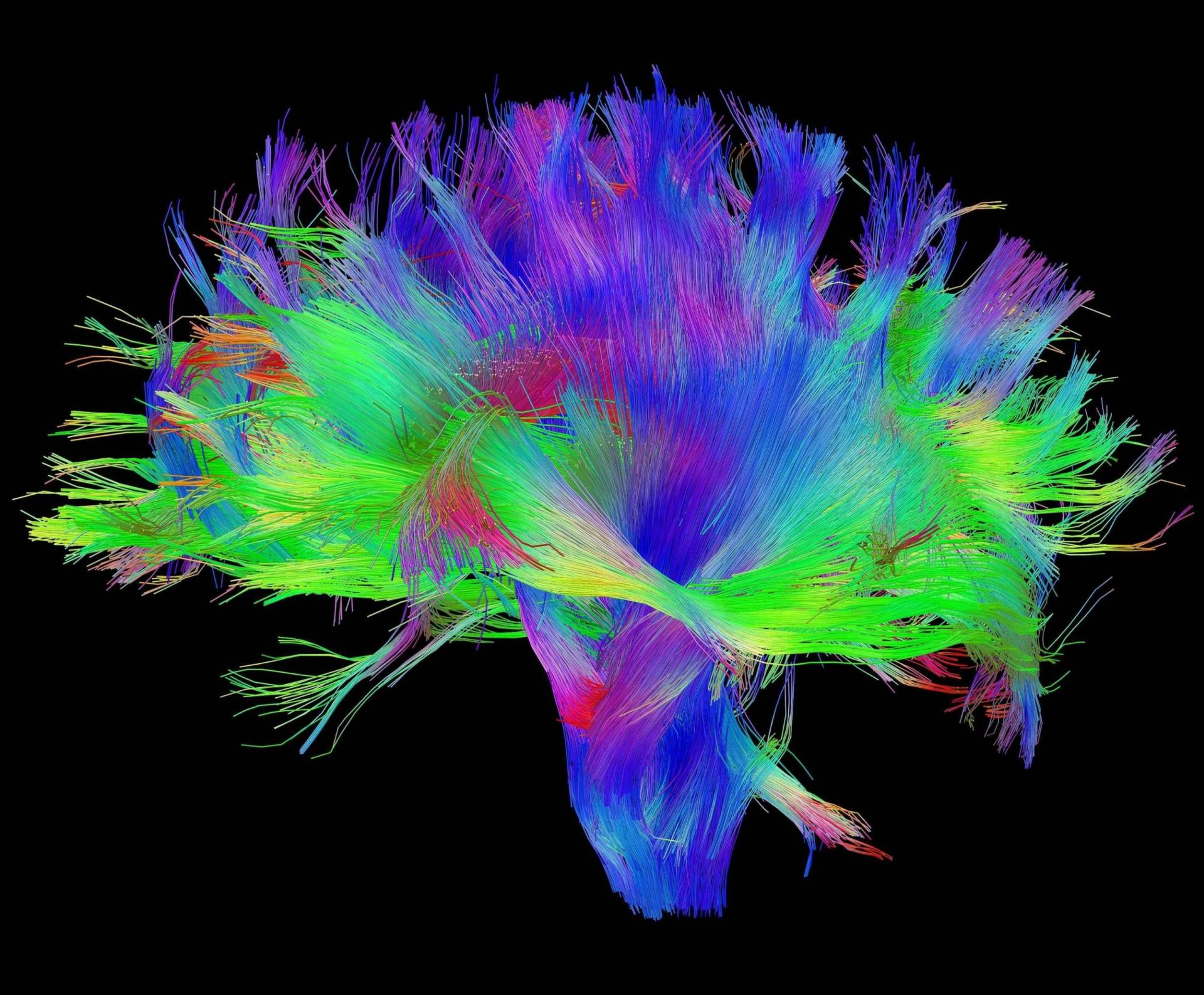Our working groups
Annual meeting
Making the annual meeting sustainable and accessible by putting together engaging, impactful content.
Latest news
Upcoming SIG elections 2024
The Sustainability and Environmental Action Special Interest Group is opening its call for for the committee election!
Upcoming SIG elections
We are moving into our third year and are looking for people to take key roles on the SIG organising committee.
Join our committee – call for nominations
We are moving into our second year and are looking for people to take key roles on the SIG organising committee.










